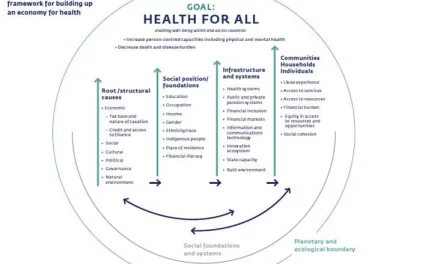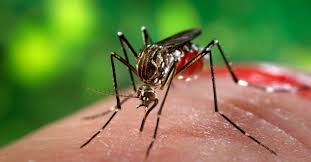Seattle, WA – A recent review article published in JAMA Oncology has brought a significant shift in cancer screening practices to the forefront. Experts from Fred Hutch Cancer Center and the University of Washington highlighted that BRCA1 and BRCA2 genetic mutations, long considered primarily a women’s health concern, also pose substantial risks to men.
These mutations, often associated with breast and ovarian cancers in women, can significantly increase the likelihood of developing prostate, pancreatic, and even breast cancers in men. Despite this, current testing rates for men are alarmingly low, with only about one-tenth of male carriers undergoing genetic testing compared to women.
The review has prompted the development of new national screening guidelines aimed at identifying these risks in men. These guidelines strongly encourage men with a family history of cancer to discuss their genetic risks with their healthcare providers.
“This is a crucial step towards equitable cancer care,” said [Insert Name and Title of a relevant expert from the study]. “For too long, the focus has been solely on women, leading to a significant underestimation of the risks these mutations pose to men.”
The review emphasized that men who carry BRCA1/2 mutations are at an increased risk of developing various cancers throughout their lifetime. Early identification through genetic testing allows for personalized screening plans, including more frequent and targeted cancer screenings, and potentially life-saving interventions like prophylactic surgeries and chemoprevention.
“This is not just about detecting cancer earlier,” said [Insert Name and Title of another relevant expert]. “It’s about empowering men with information and options to proactively manage their health and reduce their cancer risk.”
The experts involved in the study advocate for widespread implementation of these new guidelines to ensure that all men, regardless of their gender, have access to the information and resources they need to make informed decisions about their health.
Note: This is a sample news article and may require further research and refinement to ensure accuracy and completeness.












